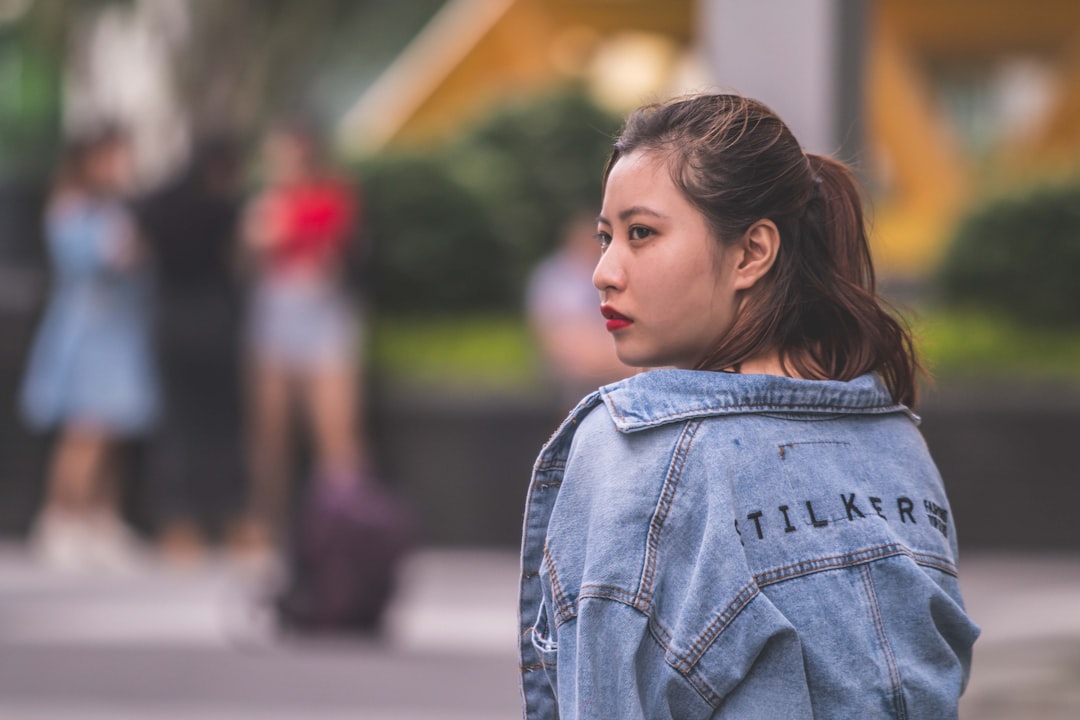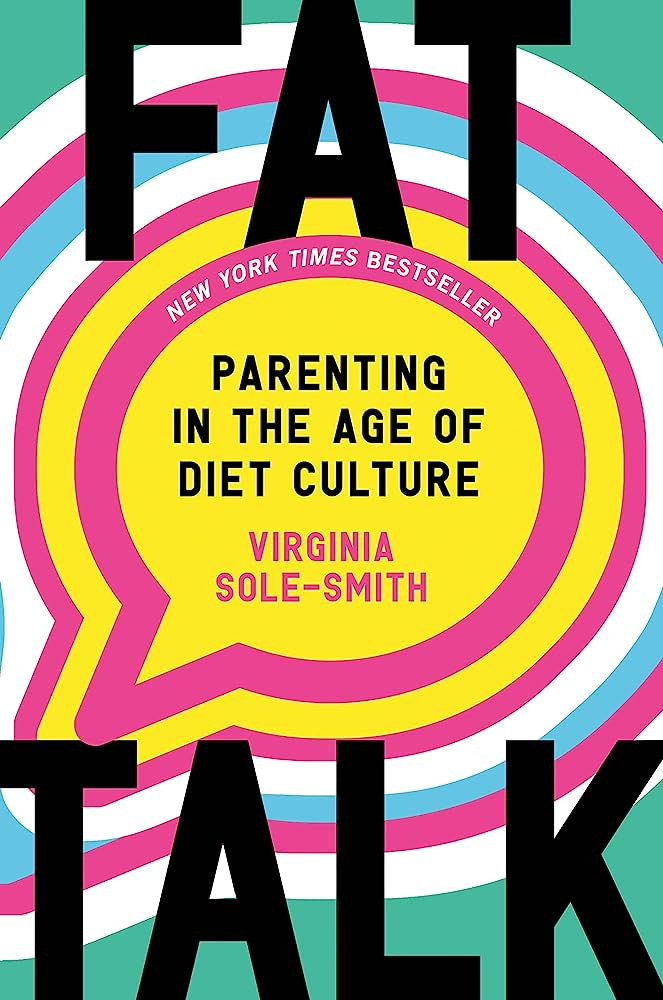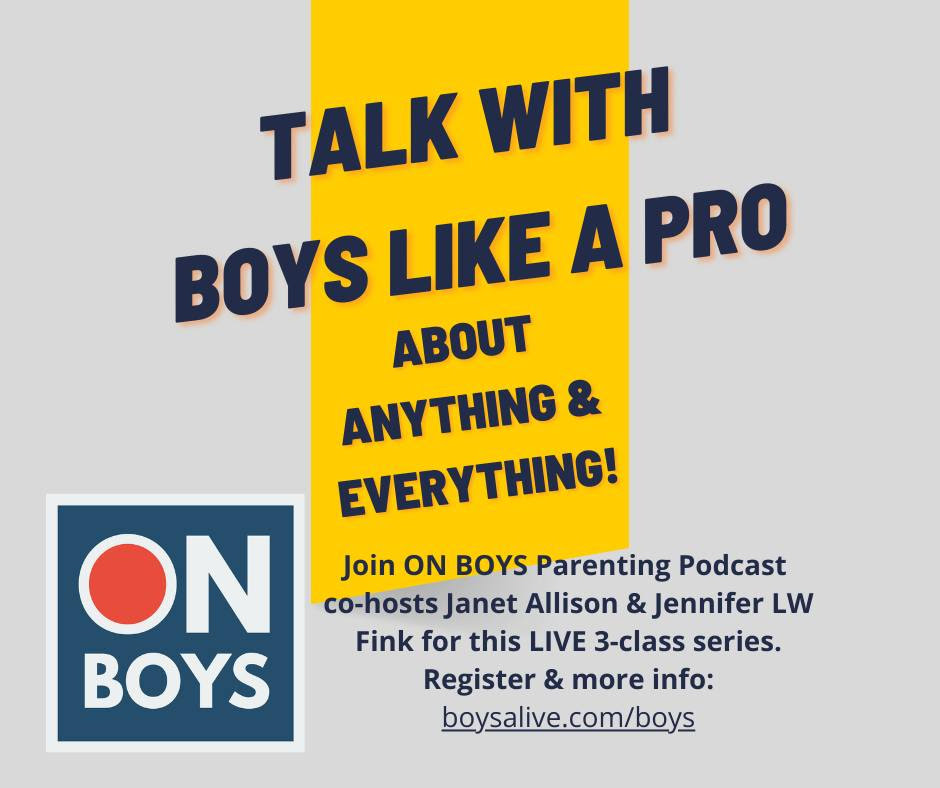Do "Healthy Eating" Lessons Do More Harm Than Good?
Can classroom nutrition lessons contribute to eating disorders? PLUS: Suggestions for talking about Andrew Tate with boys, and is social media pushing youth to quit sports?
Hi folks - I’m heading to my home state of Wisconsin this week, where I’ll be a featured presenter at the Wisconsin Health and Physical Education Conference. I’m also looking forward to seeing my family and (hopefully) seeing getting to some autumnal beauty. The Fall Color Report says I’m right on time!
Spotlight
Are Nutrition Lessons Triggering Eating Disorders?
Oona Hanson is a parent coach who supports adults who want their kids to have a healthy relationship with food and their bodies. In a recent piece for CNN, she explained why she often worries about how schools are teaching about nutrition.
Children across all grade levels are taught nutrition concepts aimed at improving health, but I find these well-intended lessons can end up backfiring, harming kids’ eating habits and their overall well-being.
Nutrition lessons — largely driven by state education standards — can be damaging because they unintentionally convey the same messages as an eating disorder: cut out certain foods, limit calories and fear weight gain.
A lot of nutrition lessons involve categorizing foods as “good” or “bad” or asking students to keep detailed logs of every food they eat. Several of the experts Hanson interviewed talked about the potential harm of this type of lesson.
“Research shows most of our kids are already experiencing body dissatisfaction,” explained registered dietician Nicole Cruz. For teens and tweens, she said that following typical “healthy eating” guidance to try to lose weight can mean “missing much-needed nutrition at a time when teens have a high need for calories and nutrients for growth and development.”
Hanson interviewed me for the story, and asked how schools could address nutrition standards and teach food concepts without risking harm. I suggested teachers try to be as neutral as possible while introducing nutrition terms and practicing skills like reading food labels.
I also recommended a change in emphasis - rather than spending days focused on vitamins, minerals, macronutrients and micronutrients, what about using lessons that emphasize the joy of eating, the pleasure of sharing food with others, and learning how to prepare food as a way to connect with other people?
Growing, cooking, or tasting foods together can be a wonderful way for young people to learn. Berkeley’s Edible Schoolyard Project maintains an great website full of free “edible education” lessons.
Students can learn a lot from the project’s Cooking with Curiosity, a four-unit curriculum with approximately 40 lessons designed to introduce students to cooking skills while building reflection practices so that they can cook confidently on their own terms. The lessons are written at a middle school level, but can easily be adapted for other levels.
If schools want to help young people learn more about where their food comes from, they could look at tools from Nourish, which has a whole library of videos featuring people like Nadine Burke Harris, Anna Lappe, Jamie Oliver, Bryant Terry, and Alice Waters talking about food and cooking. The site also offers a free curriculum that encourages people to learn “the story of their food,” and pairs with an engaging 26-minute documentary film.
Intentionally or not, a lot of messages about bodies and fatness come up when people start talking about food and nutrition. I’m grateful for writers and activists who are asking us to stop and think about what we are saying and how it might affect the young people who hear it.
For adults who want to learn more about this issue, I recommend “FAT TALK: Parenting in the Age of Diet Culture,” the excellent book by Virginia Sole-Smith. She interviewed me for the chapter on schools, along with Cait O’Connor, a wonderful middle school English teacher who curates the Ditching Diet Culture At School toolkit, a collection of quality resources for teachers, students and communities looking to learn more and take action.
Wellness
What Should We Say When Boys Talk About Andrew Tate?
“Last year, Andrew Tate had more searches on Google than Donald Trump, Kim Kardashian and Queen Elizabeth II put together. His dominance in the lives of boys and the impact of his rhetoric on masculinity culture can’t be understated,” writes Next Gen Men in The Influence of Influencers: How to Tackle Andrew Tate in Schools.
The piece has a lot of practical suggestions for how adults can talk to youth about Andrew Tate. Importantly, none of them start with a lecture.
“We can’t head into conversations with boys about Andrew Tate with our minds already made up,” they write. “We need to operate from a place of steady openness and empathy, because once boys know we respect where they’re coming from, they’ll feel more ready to be challenged.”
Keep On Learning
Getting Better At Talking to Boys
Whether they are discussing Andrew Tate or not, communicating with boys can sometimes be challenging. A new class from Janet Allison from Boys Alive and Jennifer LW Fink from the Building Boys Bulletinaims to help adults know what to do if they are been ignored or seeing simple requests escalate to screaming and shouting.
Talk with Boys Like a Pro is a live online training series in November, with three focused sessions:
Wednesday, November 1st: How to get him to REALLY LISTEN to you (without nagging or losing your cool!)
Wednesday, November 8th: ANSWERS to the TOP questions you WORRY and WONDER about (including friendships, lack of motivation, school resistance, porn and screen time).
Wednesday, November 15th: How to respond to him when he’s WITHDRAWN, has big emotions, is sad, angry (or just about anything else!)
News

Young adults suffer from anxiety, depression twice as often as teens (Washington Post)
Young adults in the United States experience anxiety and depression twice as frequently as teenagers. Many in this cohort of young adults launched a career or entered college amid a pandemic and turbulent economy, and are now grappling with high housing prices, a lack of connection in the workplace, world disasters, misinformation exacerbated by social media and an epidemic of loneliness across generations. READ MORE

Teens Are Quitting Sports as Social Media Ups Body Image Concerns (U.S. News and World Report)
In a preliminary study of 70 kids who played -- or used to play -- sports, researchers found that some had quit because they thought they didn't have the "right" body for the activity. And most got that idea from media images, including TikTok and Instagram posts. Experts said the findings add to evidence that unrealistic, often "filtered" or "edited," images on social media can make some kids feel bad about their own bodies. READ MORE







